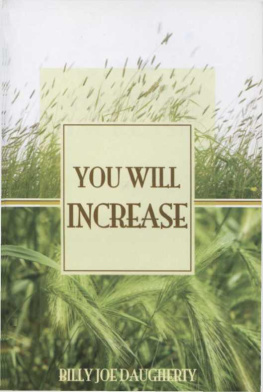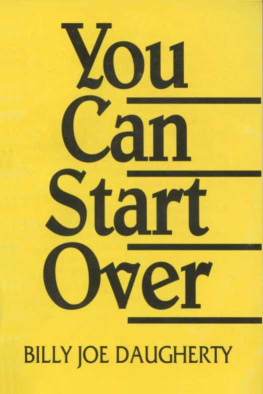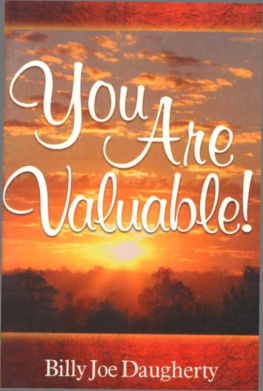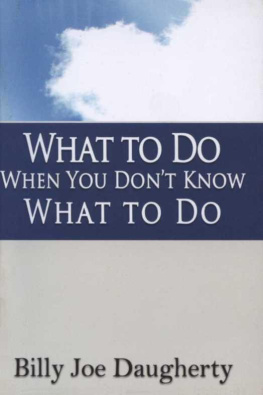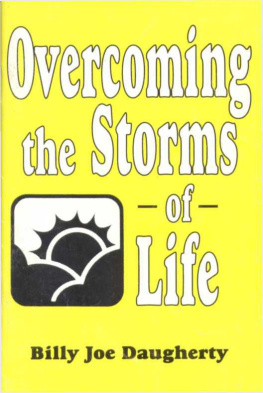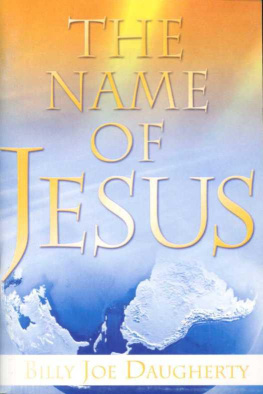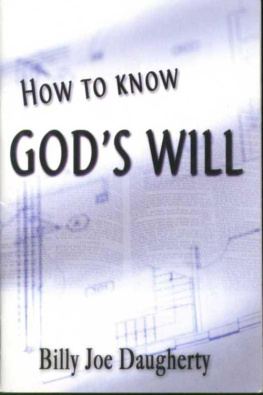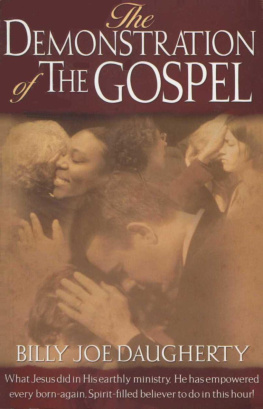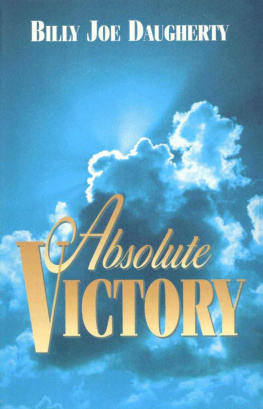Jess and Betty Jo Hay Series
Also by Tracy Daugherty
NONFICTION
Let Us Build Us a City (2017)
The Last Love Song: A Biography of Joan Didion (2015)
Just One Catch: A Biography of Joseph Heller (2011)
Hiding Man: A Biography of Donald Barthelme (2009)
Five Shades of Shadow (2003)
FICTION
American Originals: Novellas and Stories (2016)
The Empire of the Dead: Stories (2014)
One Day the Wind Changed: Stories (2010)
Late in the Standoff: Stories (2005)
Axemans Jazz: A Novel (2003)
It Takes a Worried Man: Stories (2002)
The Boy Orator: A Novel (1999)
The Woman in the Oil Field: Stories (1996)
What Falls Away: A Novel (1996)
Desire Provoked: A Novel (1987)
Tracy Daugherty
LEAVING THE GAY PLACE
Billy Lee Brammer and the Great Society

University of Texas Press
AUSTIN
Copyright 2018 by Tracy Daugherty
All rights reserved
First edition, 2018
Requests for permission to reproduce material from this work should be sent to:
Permissions
University of Texas Press
P.O. Box 7819
Austin, TX 78713-7819
utpress.utexas.edu/rp-form
LIBRARY OF CONGRESS CATALOGING-IN-PUBLICATION DATA
Names: Daugherty, Tracy, author.
Title: Leaving the Gay Place : Billy Lee Brammer and the Great Society / Tracy Daugherty.
Description: First edition. | Austin : University of Texas Press, 2018. | Includes bibliographical references and index.
Identifiers: LCCN 2017045676
ISBN 978-1-4773-1635-1 (cloth : alk. paper)
ISBN 978-1-4773-1636-8 (library e-book)
ISBN 978-1-4773-1637-5 (non-library e-book)
Subjects: LCSH: Brammer, Billy Lee. | Authors, American20th centuryBiography. | United StatesOfficials and employeesBiography.
Classification: LCC PS3552.R282 L43 2018 | DDC 813/.54dc23
LC record available at https://lccn.loc.gov/2017045676
doi:10.7560/316351
For Sidney, Shelby, and Willie, and for my road buddy, David Turkel
CONTENTS
PROLOGUE
NEW FRONTIERS
For two days, Dallas police officers had failed to keep the hallways clear or to provide a proper context for the interrogation of Lee Harvey Oswald. Despite the desperate gravity of the situation, police security of the building was obviously extremely lax, recalled the FBI agent James B. Hosty, one of the interrogators. During a ten-hour stretch, from the afternoon of Friday, November 22, until early the following morning, Captain Will Fritz hoped to question Oswald without Hosty or anyone else present in his small office on the third floor of the municipal building. One-on-one with the prisoner, he might develop a conversational rhythm that would put the man at ease, but the clamor of reporters outside the office door thwarted any attempt at fruitful dialogue. As the Warren Commission later concluded, the tumultuous atmosphere throughout the third floor made it difficult for the interrogators to gain Oswalds confidence and to encourage him to be truthful. As [Dallas Police] Chief [Jesse] Curry has recognized in his testimony, we were violating every principle of interrogation.
When Hosty arrived at the municipal building, less than two hours after Oswald had been transported to the headquarters of the Dallas Police Department, dozens of camera crews, television newsmen, and print reporters thronged the hall, jostling and shouting. Flashbulbs popped. Microphones screeched. The Dallas district attorney, Henry M. Wade, estimated that early in the evening of November 22 as many as three hundred reporters jammed the buildings third floor. The conditions were not unlike Grand Central Station at rush hour, maybe like the Yankee Stadium during the World Series, Hosty said. He could not catch the elevator to the third floor because an ABC news crew had parked its heavy camera in it. He took the stairs instead. Recording cables ran crazily down the stairwell and out the buildings windows, wrapping the structure in an enormous black web. Initially no steps were taken to exclude unauthorized persons from the third floor corridor, said the Warren Commission Report. Then, for a few frustrating hours, police officers attempted to check press IDs. Any semiofficial card passed muster with them. They didnt have time to make telephone calls to authenticate credentials. Reporters had nearly free rein of the building. Newsmen wandered into the offices of other bureaus located on the third floor, sat on desks, and used police telephones[;] indeed, one reporter admits hiding a telephone behind a desk so that he would have exclusive access to it if something happened, according to the Warren Commission Report.
Even worse, as Steven M. Gillon, a historian of the period, wrote, anyone could have entered the building... and positioned themselves within feet of Americas most notorious prisoner since John Wilkes Booth. At least twice, between Friday night and late Saturday evening, photographers and TV technicians recalled seeing a stubby little guy cut through the pack of reporters talking up a strip joint. My name is Jack Ruby, he would say, holding out a business card. I own the Carousel Club. This card will entitle you to be my guest. At no point did anyone attempt to stop him or ask him for credentials, wrote Gillon. If someone wanted to harm the prisoner, it would have been a simple matter to fake press identification and pose as a journalist or even, as Ruby did, walk into the place with a knowing swagger.
The danger of an attack on Oswald was compounded by the Dallas Police Departments policy of cooperating openly with the press. Under no circumstances would Chief Curry consider restricting media access, especially given this cases high profile and suspicions, already rampant in the halls, that the cops would naturally want to rough up this kid who had apparently killed the nations president. The only way to prove that no one was mistreating the prisoner was to let reporters see him often. Three times within the first seven hours of Oswalds capture, officers paraded him through the chattering mob. On one of these excursions, just before eight oclock on Friday evening, he shouted he was a patsy.
Security measures threatened to unravel altogether early Sunday morning. Chief Curry announced that Oswald would be transferred to the custody of the Dallas County sheriff. What time? reporters wanted to know. If you fellows are here by ten a.m. youll be early enough, Curry answered.
On Sunday morning, hundreds of Dallas citizens gathered on Commerce Street, across the boulevard from the municipal building, awaiting a glimpse of Oswald at the basement exit. Though officers had been instructed not to allow anyone but identified news media representatives into the basement, the police accepted any credentials that appeared authentic, said the Warren Commission Report. Anthony Ripley, a reporter for the Detroit News, testified that he entered the basement and was not challenged as to his identity; James Standard, of the Oklahoma Publishing Company, told the commission he had managed to penetrate the area by exhibiting an old insurance card.
Billy Lee Brammer may or may not have had legitimate press credentials that day. It is certain he carried a credit card issued to him by Time magazine two years earlier. He no longer worked for Time, but he still charged expenses to the card. Times accountants either hadnt noticed this or hadnt caught up with him yet. In any case, they hadnt canceled his credit line, and it is possible that the magazine hadnt yet bothered to void his press pass.
Next page


